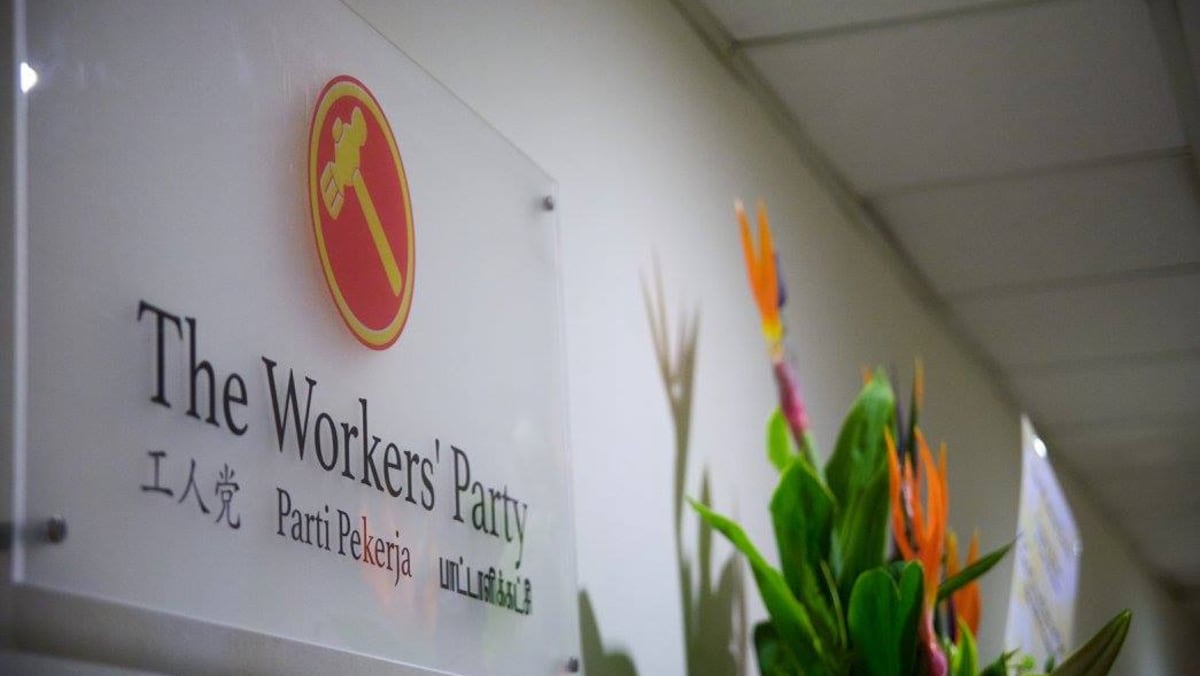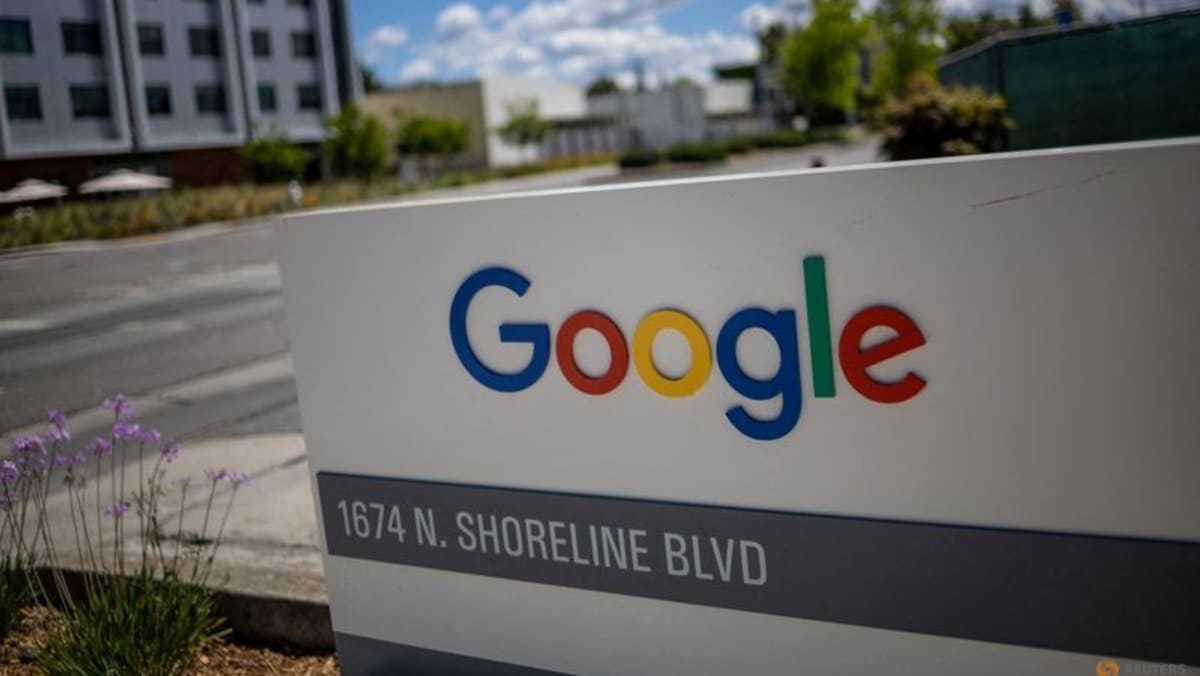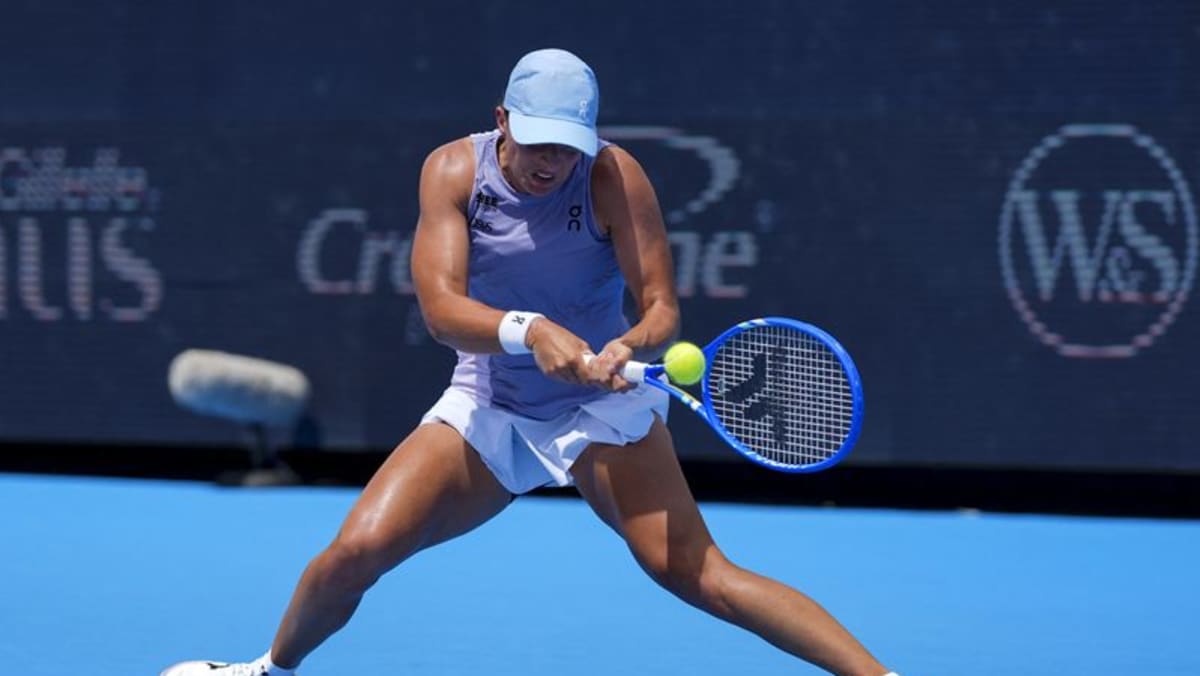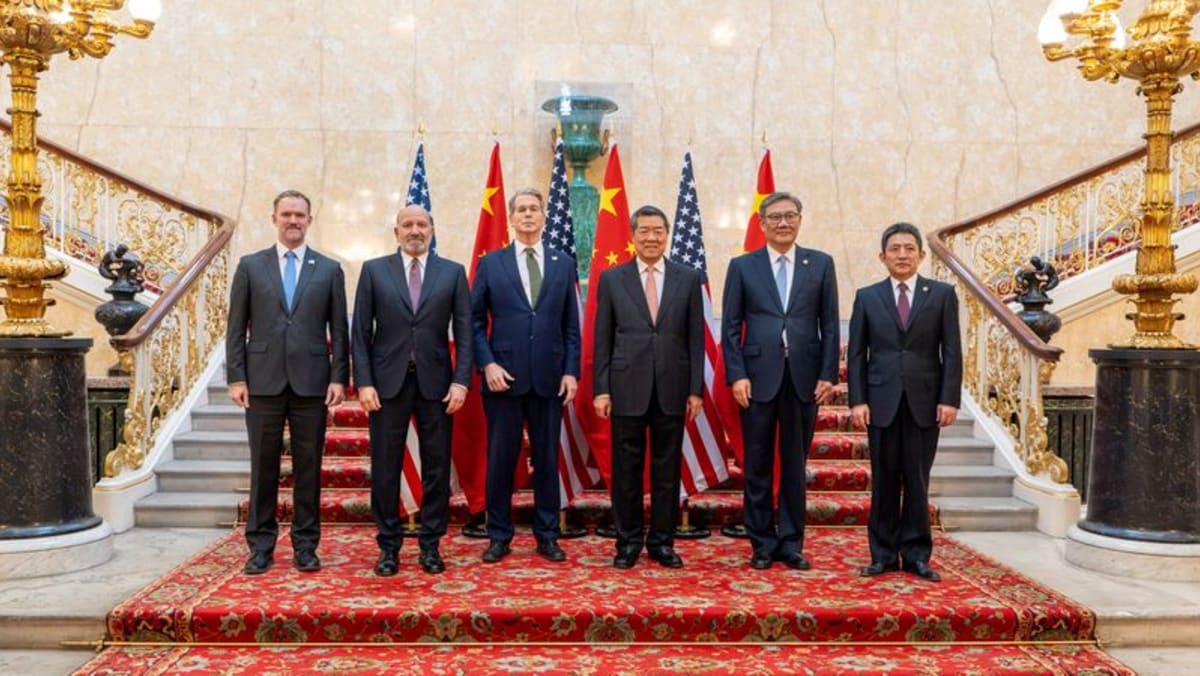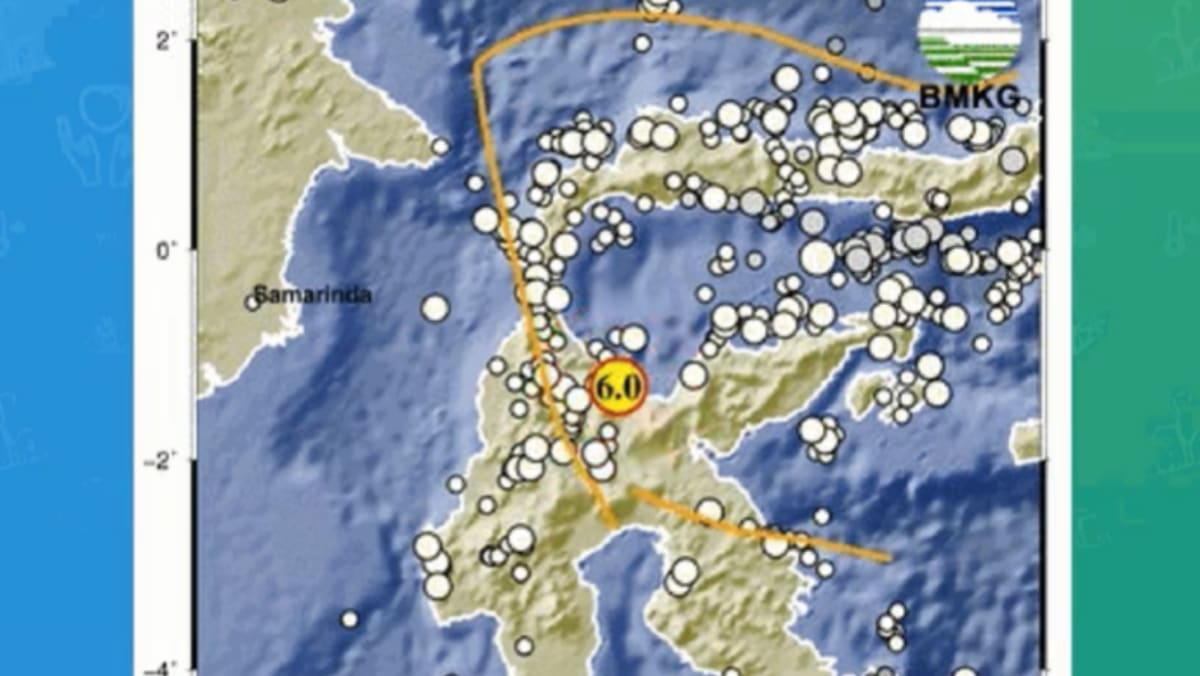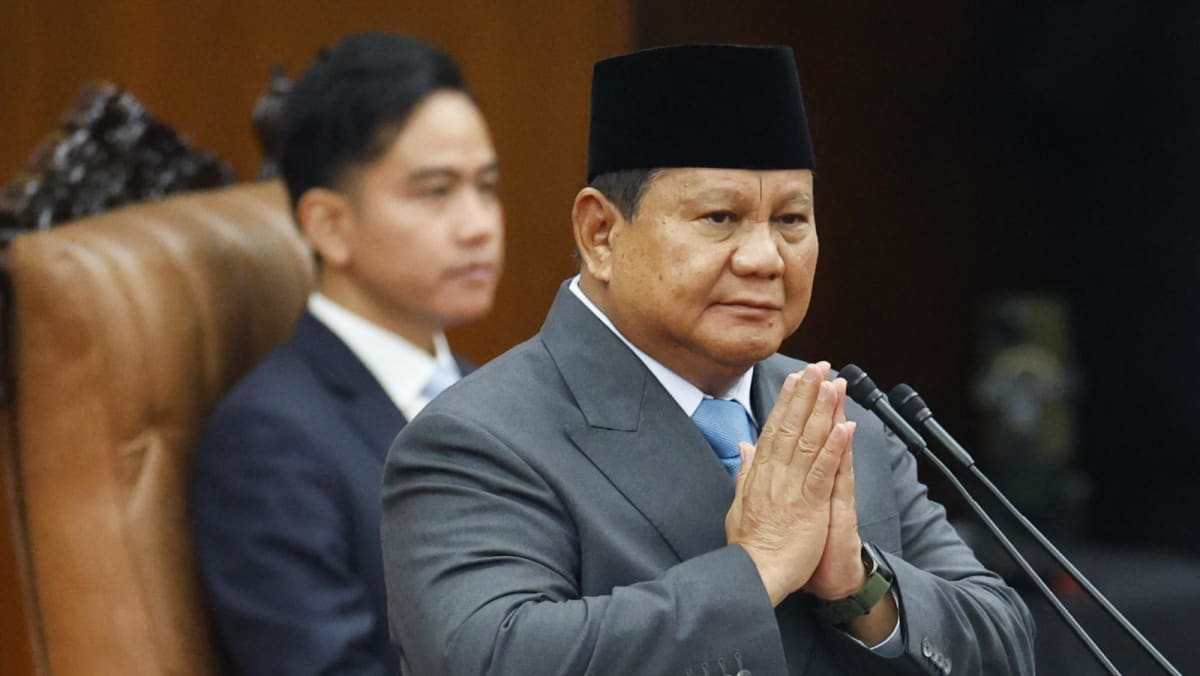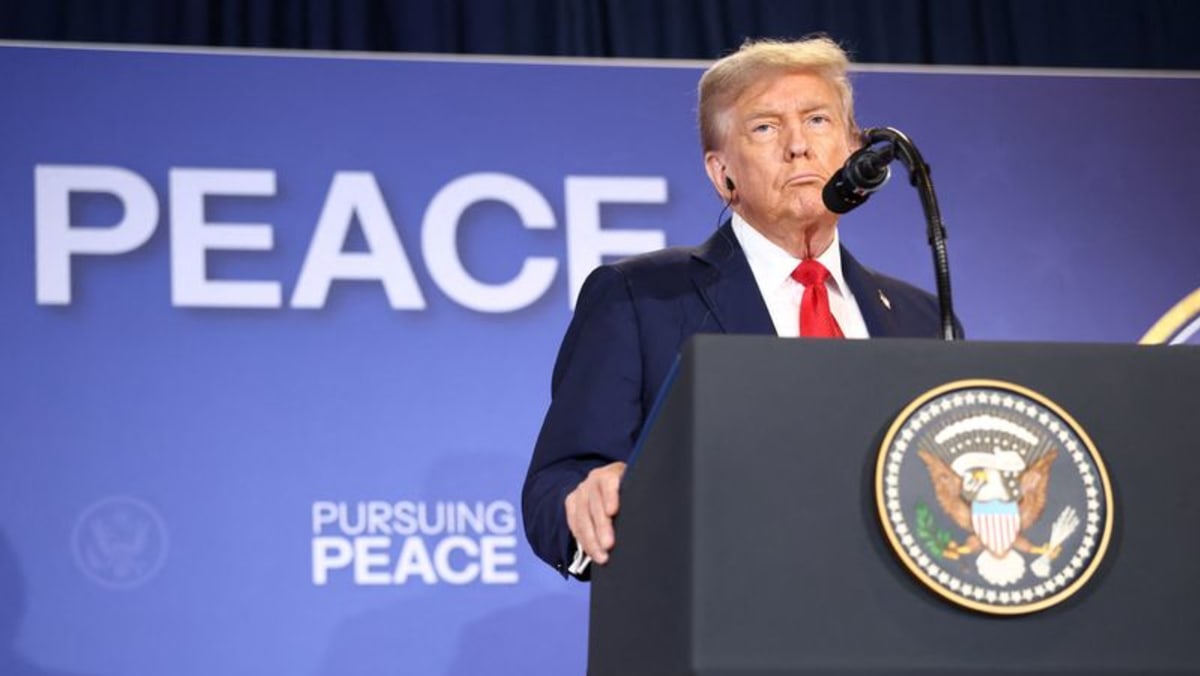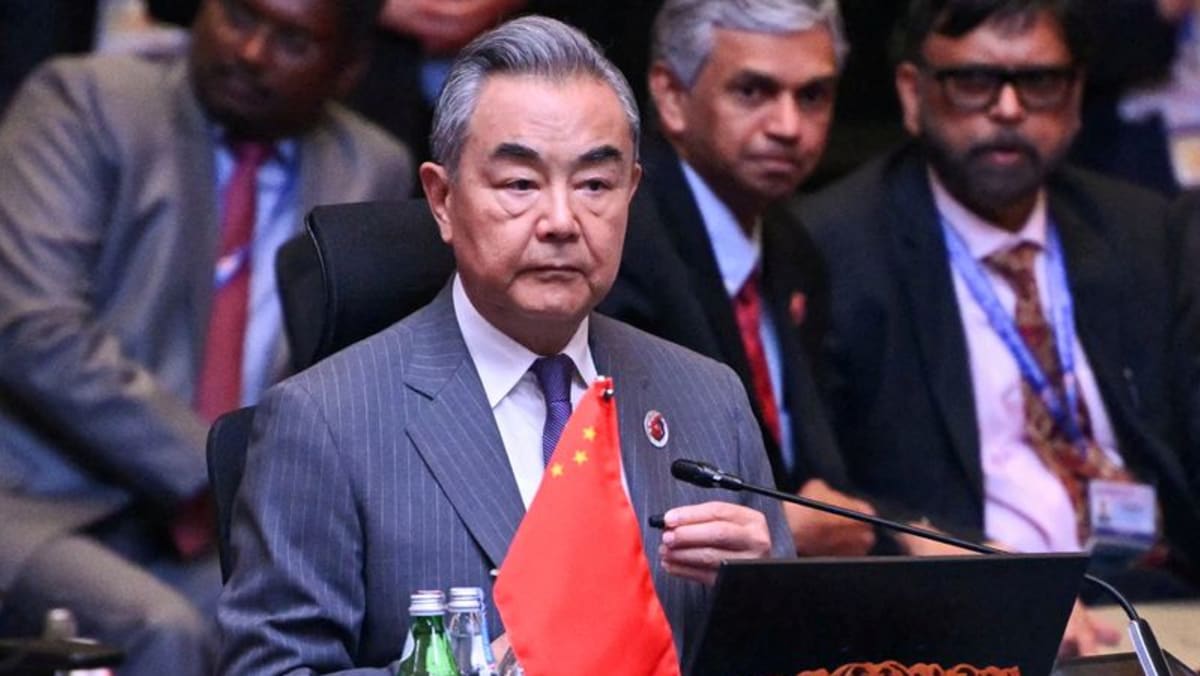DISCUSSING DISAGREEMENTS
The talks have been led by US Treasury Secretary Scott Bessent, Lutnick and US Trade Representative Jamieson Greer, with the Chinese contingent helmed by Vice Premier He Lifeng.
The talks ran for almost seven hours on Monday and resumed just before 10am local time on Tuesday, with both sides expected to issue updates later in the day.
The inclusion of Lutnick, whose agency oversees export controls for the US, is one indication of how central rare earths have become. He did not attend the Geneva talks, when the countries struck a 90-day deal to roll back some of the triple-digit tariffs they had placed on each other.
China holds a near-monopoly on rare earth magnets, a crucial component in electric vehicle motors, and its decision in April to suspend exports of a wide range of critical minerals and magnets upended global supply chains and sparked alarm in boardrooms and factory floors around the world.
Kelly Ann Shaw, a former White House trade adviser during Trump’s first term and now a trade partner at the Akin Gump law firm in Washington, said she expected China to reaffirm its commitment to lift retaliatory measures, including export restrictions, “plus some concessions on the US side, with respect to export control measures over the past week or two”.
But Shaw said she expected the US to only agree to lift some new export curbs, not longstanding ones such as for advanced artificial intelligence chips.
In May, the US ordered a halt to shipments of semiconductor design software and chemicals and aviation equipment, revoking export licences that had been previously issued.
